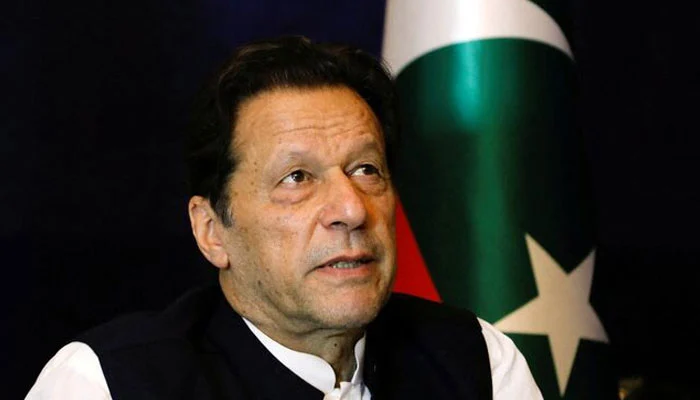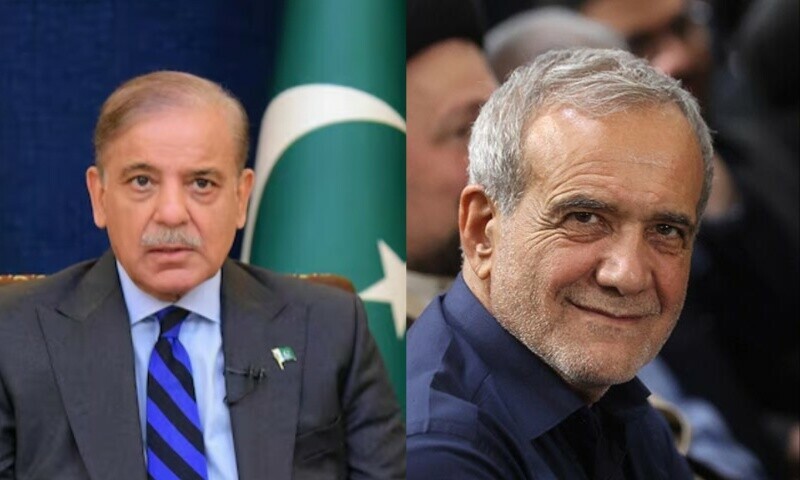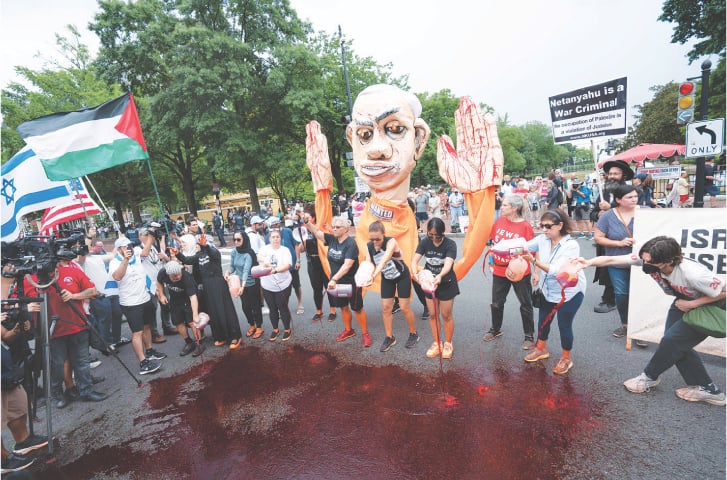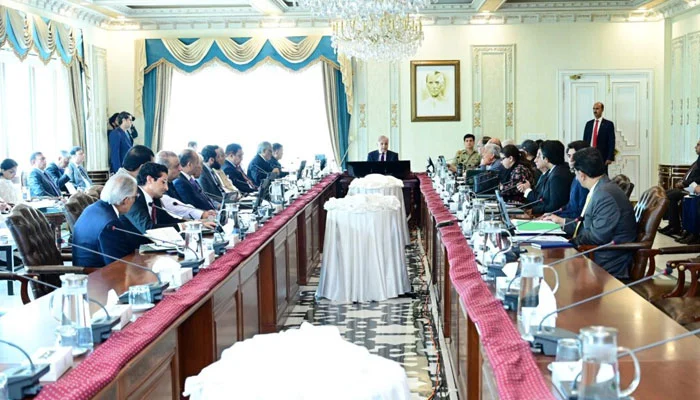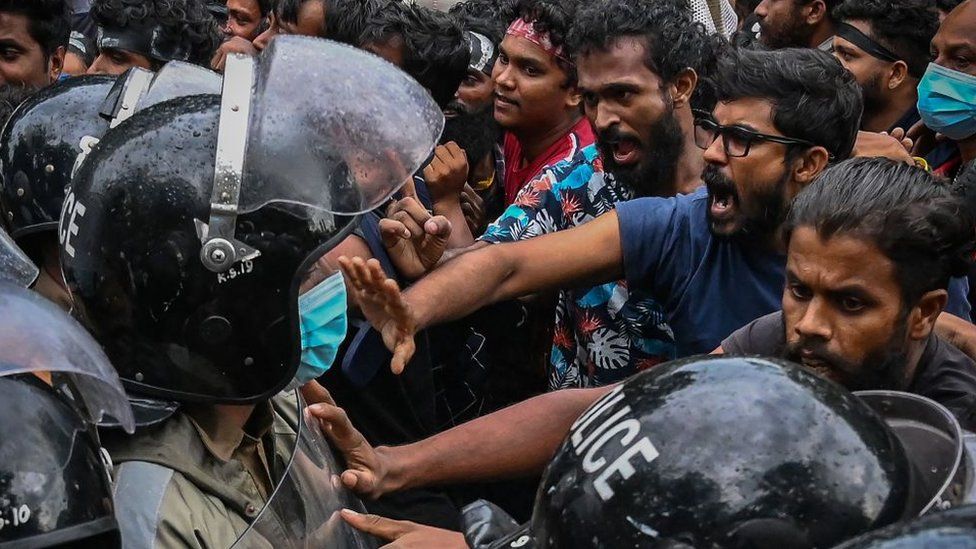
Officials said the impact of the pandemic and the Ukraine war made it “impossible” to pay its creditors.
The South Asian country has seen mass protests as it suffers food shortages, soaring prices and power cuts.
It is due to start talks with the International Monetary Fund (IMF) next week on a loan programme to get its economy back on track.
Sri Lanka’s finance ministry said it otherwise had an “unblemished record” of paying its dues since independence from the UK in 1948.
“Recent events, however… have eroded Sri Lanka’s fiscal position that continued normal servicing of external public debt obligations has become impossible,” it said in a statement on Monday.
The IMF had assessed Sri Lanka’s debt to be unsustainable last month, the ministry noted.
“Although the government has taken extraordinary steps in an effort to remain current on all of its external indebtedness, it is now clear that this is no longer a tenable policy,” it said.
“A comprehensive restructuring of these obligations will be required.”
Credit rating agencies have not yet classified the move as a default.
S&P Global Ratings said it had “nothing to say at this stage” when approached by the BBC.
In January, the firm lowered Sri Lanka’s rating to a classification where it was “currently vulnerable and dependent on favourable business, financial and economic conditions to meet financial commitments”.
Moody’s and Fitch Ratings did not immediately respond to requests for comment.
Lakshini Fernando of Asia Securities welcomed the move by Sri Lanka’s government, and called it “the better option compared with a hard default”.
“We expect Sri Lanka’s current credit rating to be downgraded to ‘selective default’ or ‘restricted default’ following the announcement,” Ms Fernando said.
She noted that Sri Lanka had $78m (£60m) in international sovereign bond payments due next week.
Sri Lanka’s foreign reserves stood at $1.93bn at the end of March. However, it has around $4bn in foreign debt payments due this year.
The country recently named a new central bank chief and almost doubled its key interest rate to help tackle soaring prices and shortages of essential goods.
In recent weeks, demonstrators have taken to the streets of the capital Colombo as homes and businesses were hit with long power cuts.
Sri Lankans are faced with shortages and rising inflation after the country steeply devalued its currency last month ahead of talks with the IMF over a bailout.


